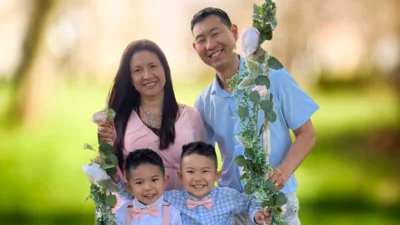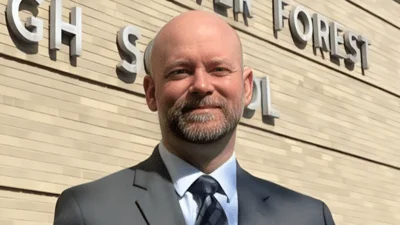File photo
File photo
Local officials, consumer advocates and industry representatives continue to file complaints about the actions state officials are taking in their efforts to curb the spread of COVID-19 in nursing homes.
Almost half of the coronavirus deaths in Illinois occur in nursing home residents and workers. More than 1,500 coronavirus-related deaths were tied to the 1,200-plus long-term care facilities, the Chicago Tribune reported.
Industry groups are begging for more help from the state. They asked Gov. J.B. Pritzker to create a comprehensive plan. They want more testing and aid in getting supplies of protective gear and staff.
“We need more help. We need more coordination from the Department of Public Health. There’s no question about that. And we’ve been begging for it from the beginning,” Pat Comstock, who runs the Health Care Council of Illinois, told the Tribune.
A nurse at City View Multi-Care Center, the state’s largest nursing home, tried to complain to the Illinois Department of Public Health, the Tribune reported, but no one answered. Officials from Cicero also reported calling but didn’t get an answer.
It took a month, a lawsuit by the city and intervention by Circuit Court Judge Alison Conlon before inspectors were sent to City View. Nine residents had already died along with one employee, with more than half the residents being infected. The inspectors, however, reported they found nothing wrong.
The industry’s need for help predates the coronavirus pandemic. The state said they have a plan, but state resources must reach many other parts of the state and not just a mostly for-profit industry.
“We have a plan around state efforts, but the plan isn’t: run nursing homes in a pandemic,” Deputy Gov. Sol Flores told the Tribune. “That’s where we need associations to step up.”
Families, industry representatives, researchers and advocates addressed several key areas they say the state fails to manage properly.
Nursing homes and their employees say personal protective equipment (PPE) does not get delivered consistently, the Tribune reported. The state claims it has sent PPE directly to some nursing homes and had supplied counties with enough PPE for nursing homes.
The industry wanted the state to set up a new work corps and suggested the possibility of calling in the National Guard. The state responded that nursing homes are in charge of their own staffing. Likewise, the state gets information about COVID-19 cases that at times is late or inaccurate. Illinois doesn’t have a process to let nursing homes report on their PPE supplies and staffing needs.
While the Department of Public Health has the authority to inspect nursing homes for violations of infection control, it prefers offering guidance remotely. Even when inspections are made, the Tribune reported, other officials like Conlon doubt their work, saying after the delayed City View inspection, “IDPH did not seem to be all over it.”
Family members of residents say they weren’t told when infections are spreading. Three trade groups said they sent warnings about a PPE shortage for weeks. In addition to the Health Care Council of Illinois, the Illinois Health Care Association and LeadingAge Illinois said the resupply process is inconsistent. A nursing home in southern Illinois asked for gowns but got garbage bags instead.
The state trade groups want Illinois to set up supply distribution the same way hospitals get their supplies from the state. Pritzker told the Tribune that the state stockpile “always provides a backup” for long-term care facilities and “is not the primary supplier for private businesses.”
High turnover in jobs that often pay less than $15 contribute to staffing shortages. While advocates argue with the facilities about whether this stems from an emphasis on profits or low Medicaid payments, all agree that the pandemic made staffing numbers worse.
Industry representatives wanted the state to help them create a pool of workers ready to be sent where needed. They also asked if a location had severe shortages that the state send in the National Guard.
Hiring regulations were loosened and the state put them in contact with staffing agencies, the Tribune reported. They also explained how to use the Illinois Helps volunteer network.
But IDPH won’t serve as a staffing agency for private, for-profit nursing homes.
“It is their job to be staffing their facilities. It’s their job to manage them,” Ezike told the Tribune.






 Alerts Sign-up
Alerts Sign-up